Unlocking Efficiency and Savings in Municipal Procurement with Civic Marketplace
.avif)
Municipal procurement is often viewed as a complex and cumbersome process, filled with legal requirements, strict timelines, and the pressure of public accountability. But what if there was a way to streamline this process, save time and money, and still meet all the necessary regulations? Enter Civic Marketplace—a game-changer for municipalities looking to modernize their purchasing practices.
Understanding Municipal Procurement: A Balancing Act
Municipalities operate under two primary governance models: general law and home rule. General law cities must adhere strictly to the powers granted by the state, while home rule cities, typically with populations over 5,000, enjoy more flexibility unless explicitly restricted by state law. This distinction may seem minor, but it profoundly impacts how cities manage procurement.
In the public sector, purchasing is subject to a myriad of state mandates. Unlike the private sector, where internal policies and federal laws like Sarbanes-Oxley guide procurement, municipalities must navigate a landscape of bidding requirements, legal advertising, and strict records retention policies. This makes the procurement process more transparent, but also more time-consuming and complicated.
The Jargon of Procurement: Demystifying the Terms
Understanding the terminology is key to navigating municipal procurement. Cooperative purchasing, for instance, allows municipalities to join forces with other government entities to access pre-negotiated contracts, significantly reducing administrative effort. Similarly, distinguishing between formal and informal bids, or understanding the nuances of RFPs (Request for Proposals) and RFQs (Request for Qualifications), can make a world of difference in how efficiently a municipality can procure goods and services.
But the complexity doesn’t end there. Texas has organized its laws into 16 codes with numerous chapters dedicated to municipal purchasing. Violating these codes can lead to severe consequences, including removal from office, legal penalties, and long-term ineligibility for public employment. This is why compliance is not just important—it’s essential.
Streamlining the Process: How Civic Marketplace Saves Time and Money
The traditional procurement process is notoriously slow, with timelines stretching from 81 to 146 days depending on the complexity of the purchase. This includes everything from the initial solicitation request to post-execution contract management. But what if this timeline could be cut in half?
Civic Marketplace does just that. By providing access to pre-vetted contracts and vendors, the platform reduces the time required for drafting solicitations, obtaining approvals, and conducting negotiations. For non-negotiated contracts, the timeline can shrink from 89 to 42 days. For negotiated contracts, it can drop from 146 to 88 days. That’s a significant reduction in time and effort—time that municipal staff can redirect toward other critical projects.
Moreover, Civic Marketplace offers competitive volume pricing, ensuring that municipalities not only save time but also money. And with pre-vetted vendors, municipalities can be confident that they’re working with reliable partners who meet all legal and compliance requirements.
Marketing the Value of Municipal Purchasing
In the world of municipal procurement, every dollar saved is a win—not just for the purchasing department but for the entire community. Yet, the value of these savings often goes unrecognized. Civic Marketplace is here to change that by helping municipalities track and communicate their savings effectively.
Imagine this: every dollar saved through efficient procurement is equivalent to generating ten new dollars in sales or property tax revenue. By using Civic Marketplace, procurement professionals can demonstrate their value to management, showing how their expertise directly contributes to the municipality’s bottom line.
But it’s not just about hard dollars. The time savings generated by Civic Marketplace are equally valuable. With less time spent on administrative tasks, purchasing departments can focus on strategic initiatives, further enhancing their value to the municipality.
The Future of Municipal Procurement
Civic Marketplace isn’t just a tool—it’s a transformation in how municipalities approach procurement. By streamlining processes, ensuring compliance, and delivering significant cost and time savings, it positions itself as an essential partner for any municipality looking to modernize and optimize its purchasing practices.
As municipalities continue to face increasing demands with limited resources, the ability to do more with less has never been more critical. Civic Marketplace offers a clear path forward, helping municipalities unlock new efficiencies and savings, all while maintaining the highest standards of public accountability and transparency.
In a world where every dollar counts, Civic Marketplace is the solution that municipalities have been waiting for. It’s not just about saving money—it’s about creating value, improving efficiency, and ultimately, better serving the community.




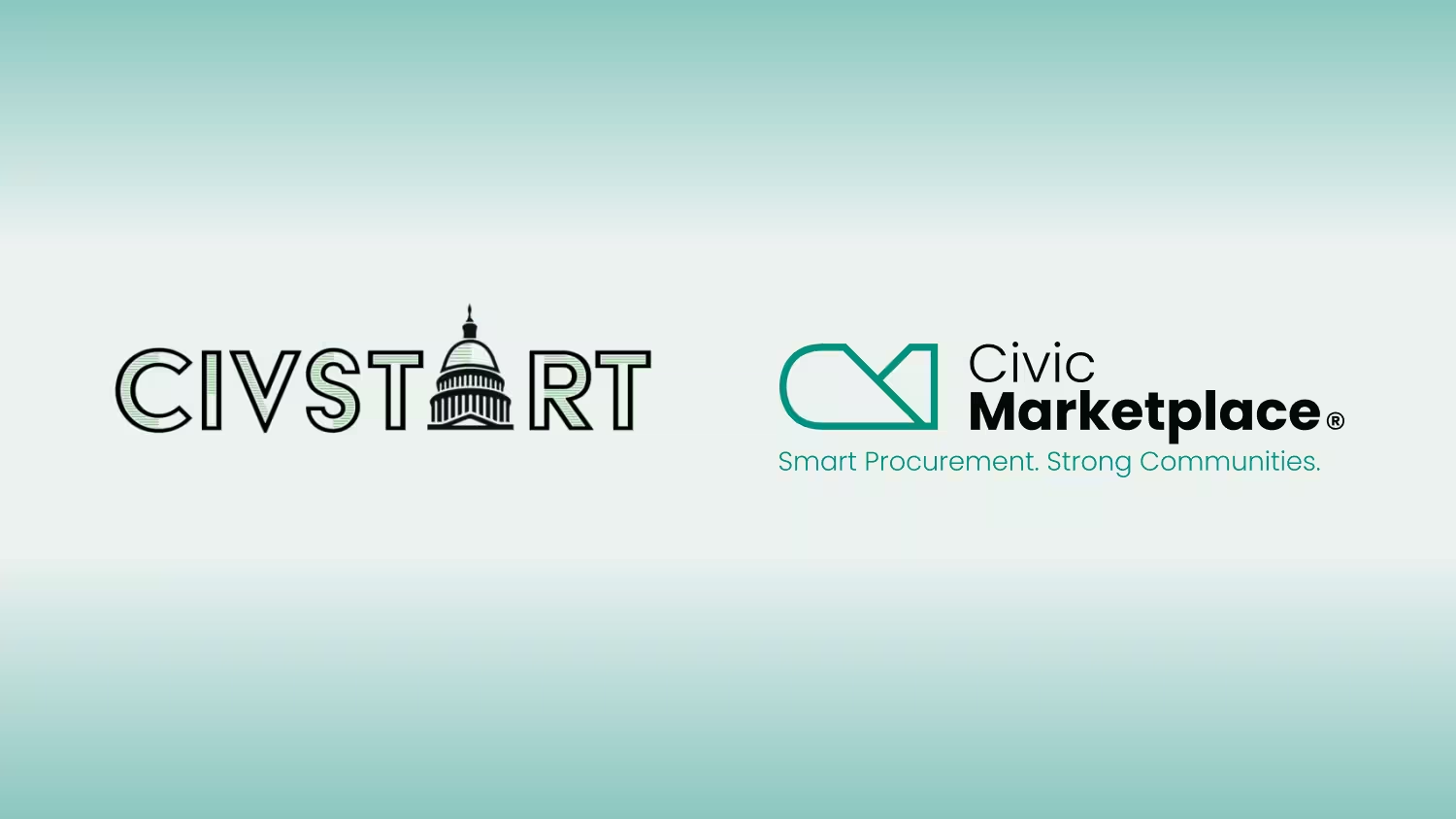


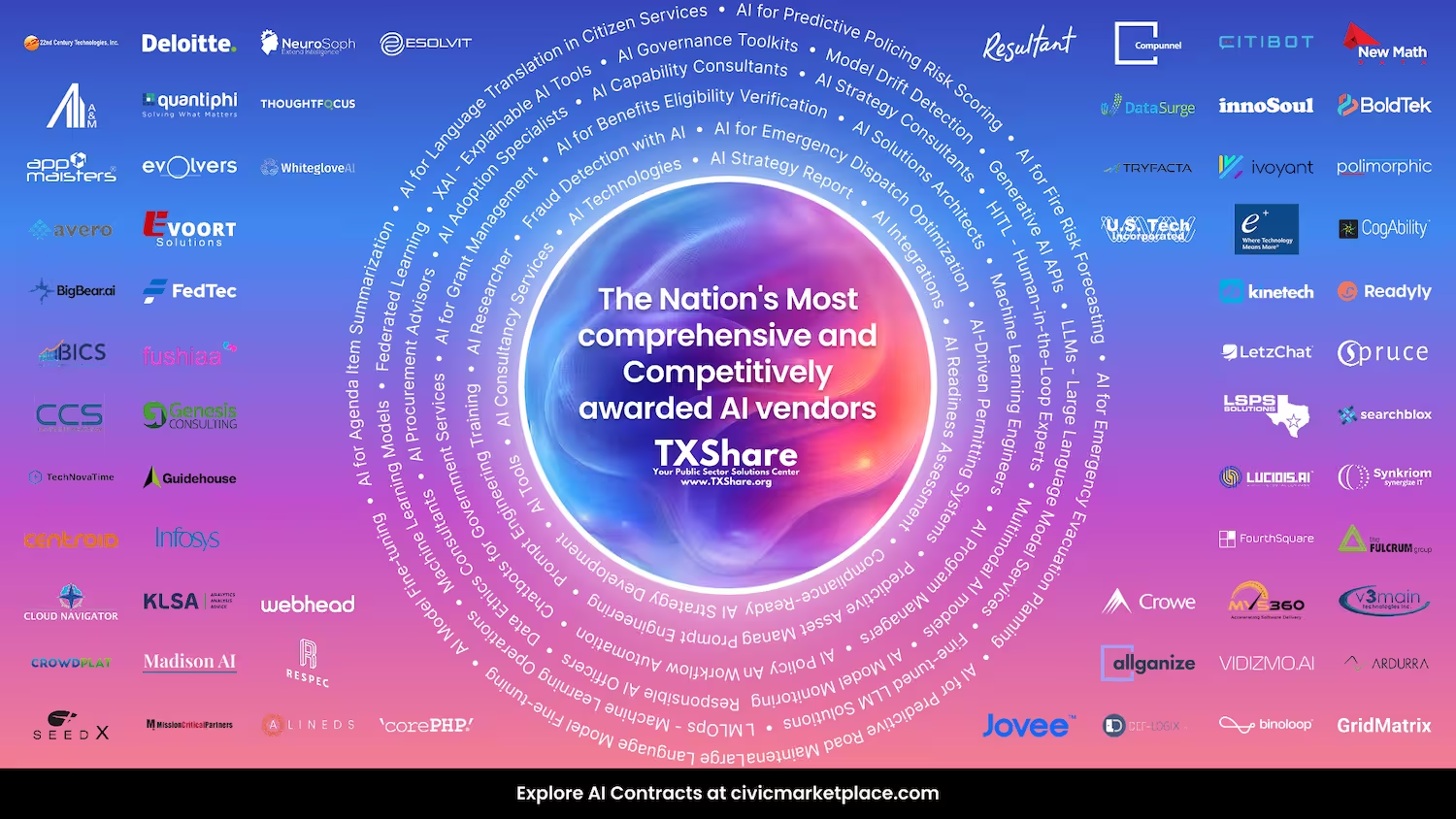
.avif)


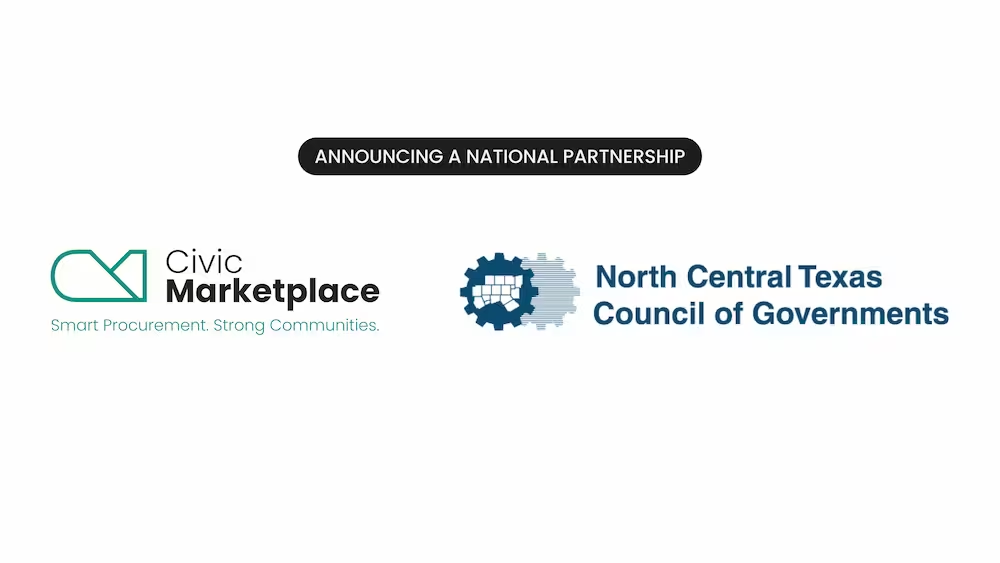
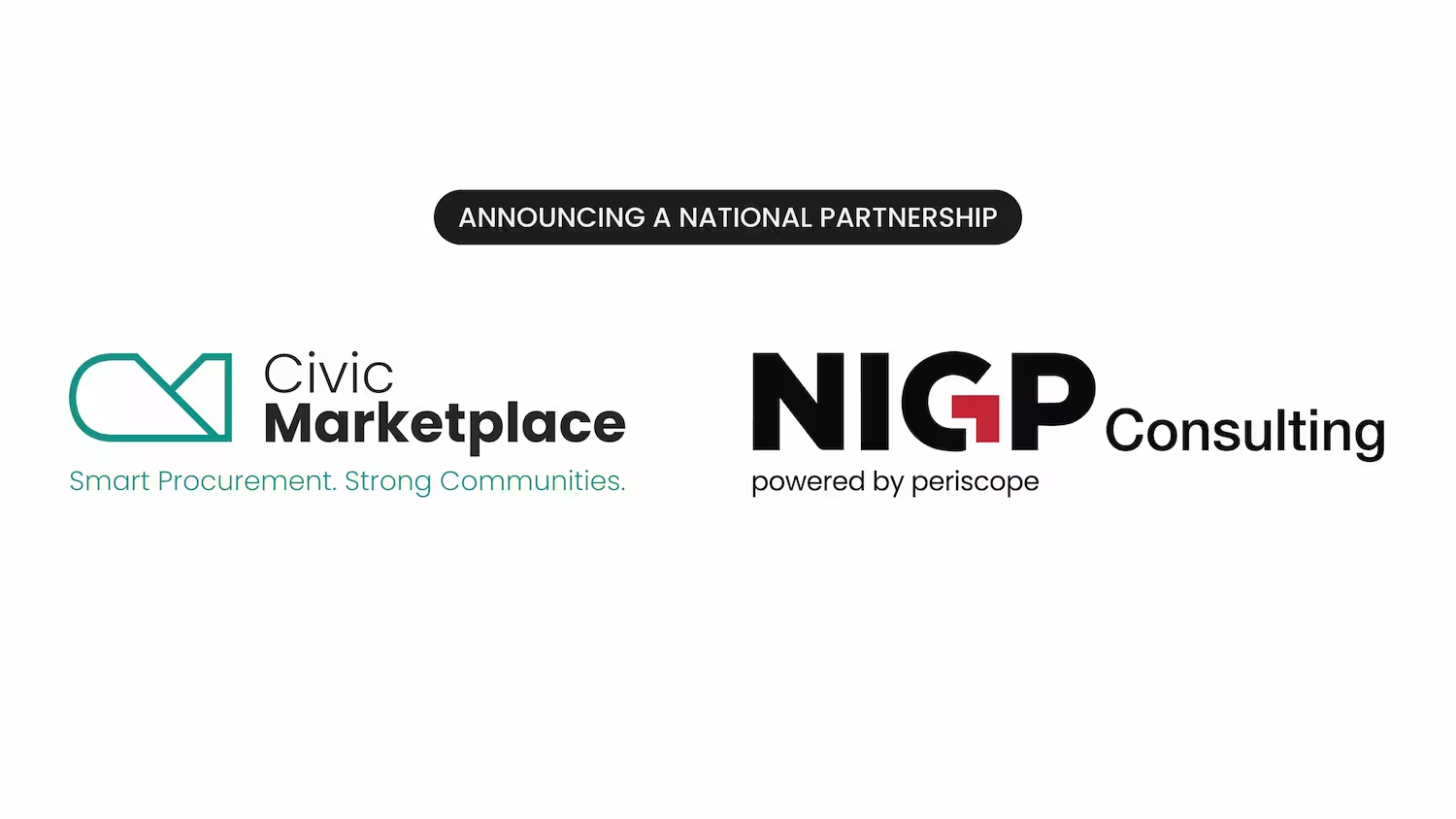
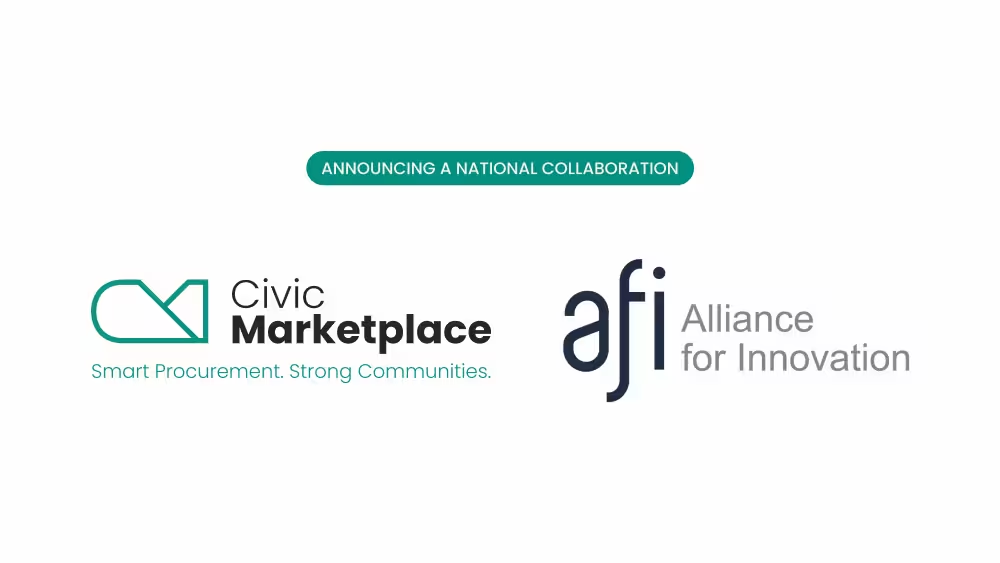
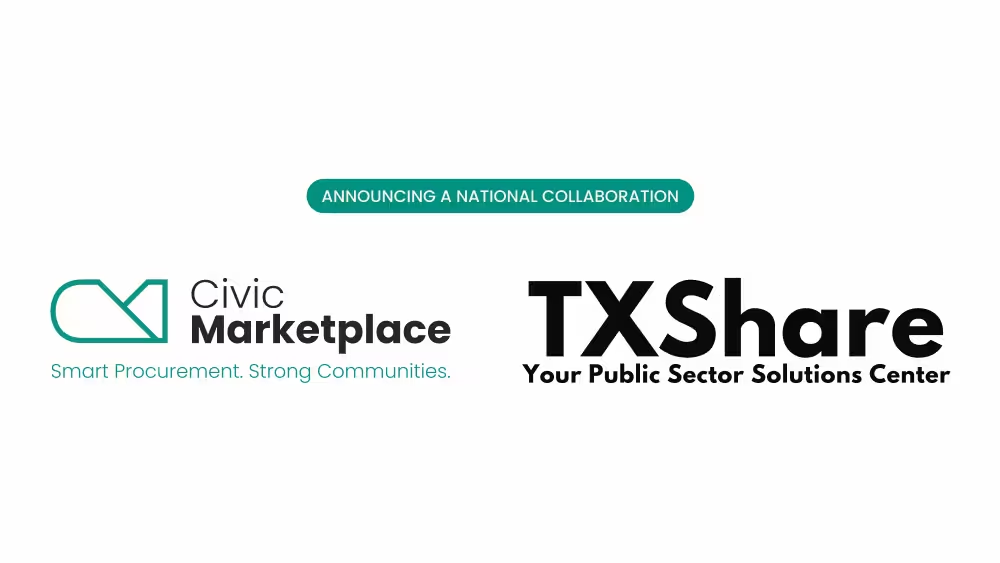
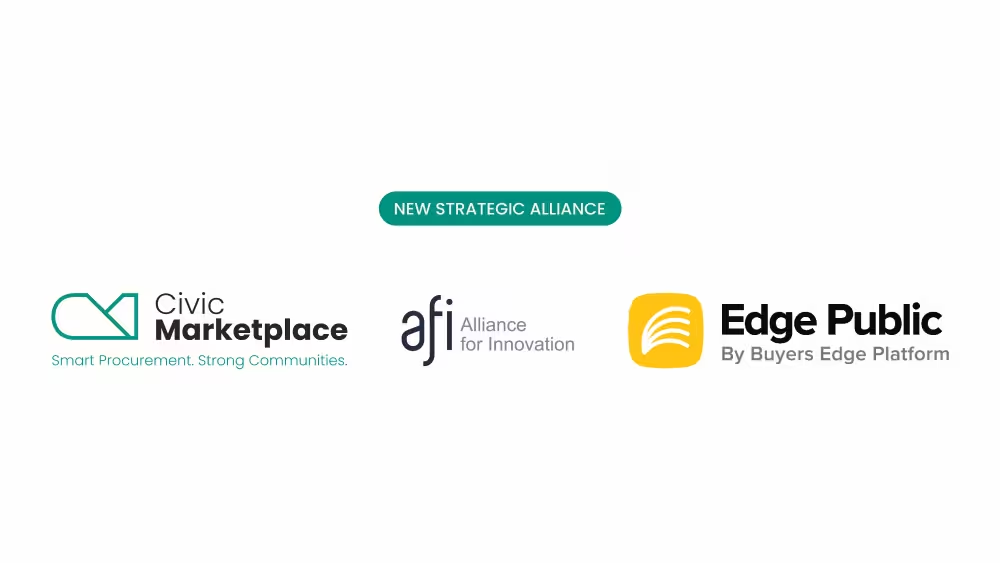
.avif)

